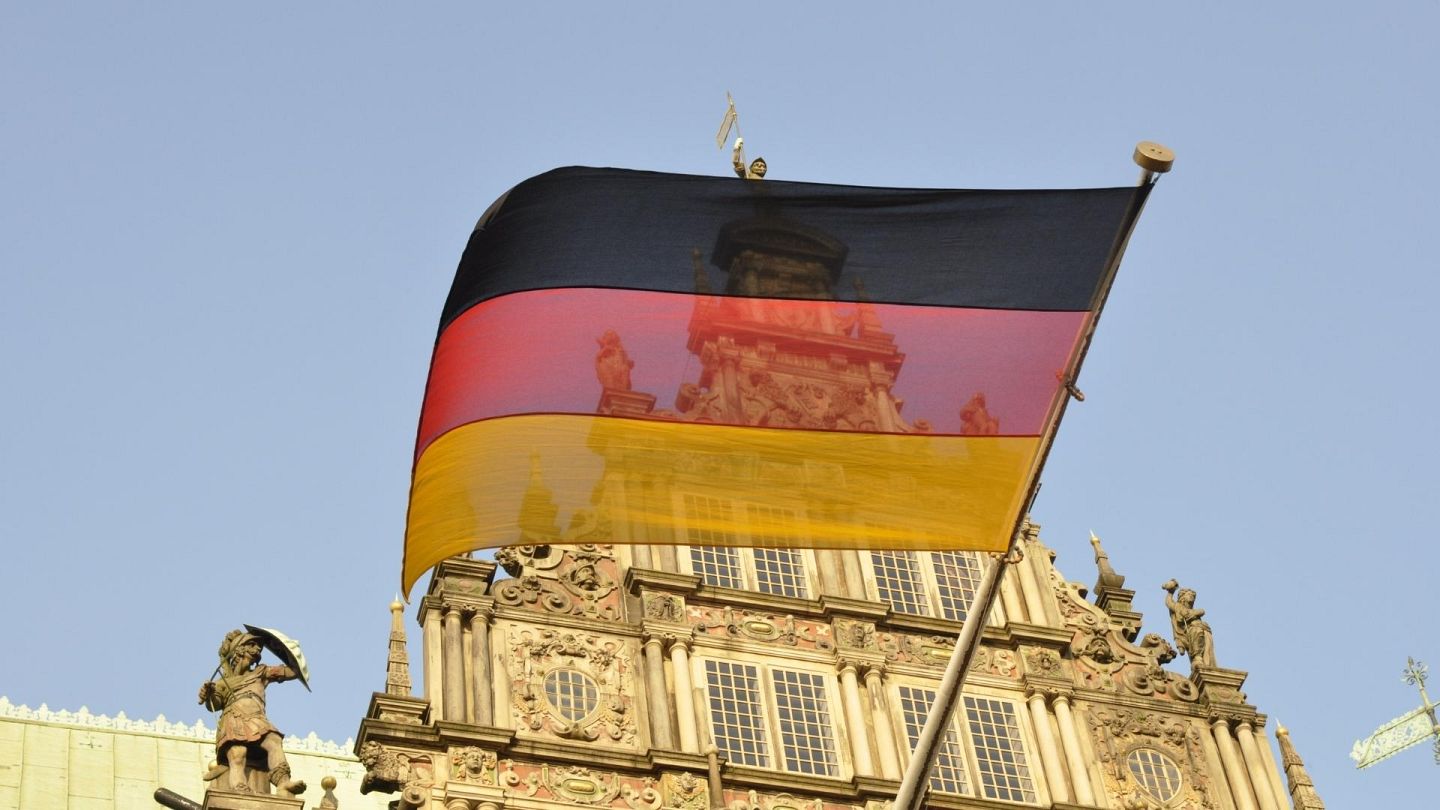Germany’s unified approach to gambling oversight, which ends years of fractured operations, is closer to becoming a reality. The Joint Gaming Authority (GGL, for its German acronym) will soon take over, but received the keys to the castle in a ceremony this past Tuesday.


On December 13, the decision-making body of Germany’s federal states that led state-wide gaming supervision met for the last time. The members of the so-called gambling college symbolically handed over files to the GGL as it passed the torch.
The GGL arrived through the creation and Germany-wide approval of the Fourth Interstate Gambling Treaty (GlüNeuRStv, for its German acronym), which brought all states under the same regulatory regime. The inbound authority will regulate the gaming market, including the issuance of fines and taxes, as of January 1.
Bringing Germany Together
The GGL will be responsible for monitoring arcades, lotteries, online gambling and all other areas of gambling. Previously, before the approval of the GlüNeuRStv, each state had its own rules and regulations.
Now, the 16 federal states will all adhere to a single framework. However, the transition hasn’t always been smooth, as some critics state that the GlüNeuRStv emerged without the necessary state-level administrative support in place.
With the completed step, GGL assumes responsibility for overseeing gambling activity in the “transitional federal states of Saxony-Anhalt (online poker/virtual slot machines), Hesse (sports and horse betting), Rhineland-Palatinate (so-called social lotteries), Hamburg (class lotteries) and Lower Saxony (commercial game brokerage).” The gambling treaty gave each state the ability to establish its own gaming regime, with several opting to create state-run monopolies.
The GGL will have two CEOs, a move that will hopefully not result in a power struggle. Ronald Benter and Benjamin Schwanke are co-CEOs, working closely together to drive Germany’s gaming industry into a new era.
The central element of the new GlüNeuRStv is the OASIS player-blocking system. All casinos licensed in Germany must join this system and submit all player data to it.
If dangerous gaming behavior occurs, the GGL has the right to block the player. The ban would apply to all legal German casinos, including land-based gambling halls.
A Fluid Process
The arrival of the new GlüNeuRStv last year brought with it the ability to launch online gaming. However, the process of approving licenses has been slow and tedious, with only a handful of operators given permission to launch.
They have been restricted, only able to offer online slots. It wasn’t until last month that additional online gaming options, beginning with online poker through Entain, began to appear.
At the same time, the framework provides for a maximum deposit limit of €1,000 (US$1,064) per month for online gambling. The GGL will monitor all deposits and withdrawals through OASIS and a “limit file.”
Privacy advocates have blasted the use of the limit file. On the other hand, certain consumer groups have accused politicians of catering to the gambling industry by not introducing more restrictive regulations.
Despite the friction, the GlüNeuRStv and the GGL are moving forward. However, lawmakers have left the door open to update the treaty at will at any time.
The post Germany’s New Unified Gaming Regulator Is Taking Over appeared first on Casino.org.
